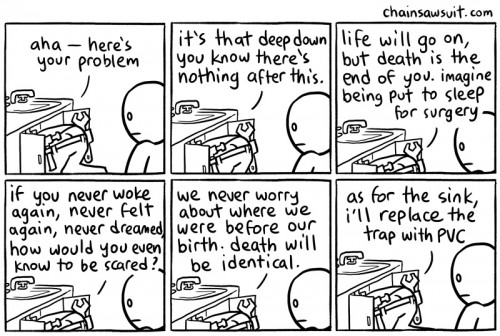What is it with MRAs and PUAs and MGTOWs and their endless acronyms? Here’s a new one on me: LMR. “Last minute resistance”. It’s how the acronym-ridden ones refer to women’s efforts to prevent them from sticking their penis into their vagina. It’s all about rape, in other words.
One of the odious PUAs at RoK tried to publish an e-book titled LMR Exposed: How To Overcome Her Last Minute Resistance To Sex, Turn ‘No’ Into ‘Yes’ And Get The Lay! It’s been yanked off the virtual shelves once the ‘bot slaves at Amazon realized what it was about. It wasn’t hard. Quotes like this…
I’ve had situations where a girl is lying naked with me on my bed, still loudly proclaiming that we’re not having sex… Other times, I just forcefully removed the hand, stuck my dick inside, and she welcomed it eagerly once I was in.
…make it clear that we’re talking about a rape manual.
Tauriq Moosa and Jezebel. have more, including the author’s reaction to “cuckoo social justice warriors”.



